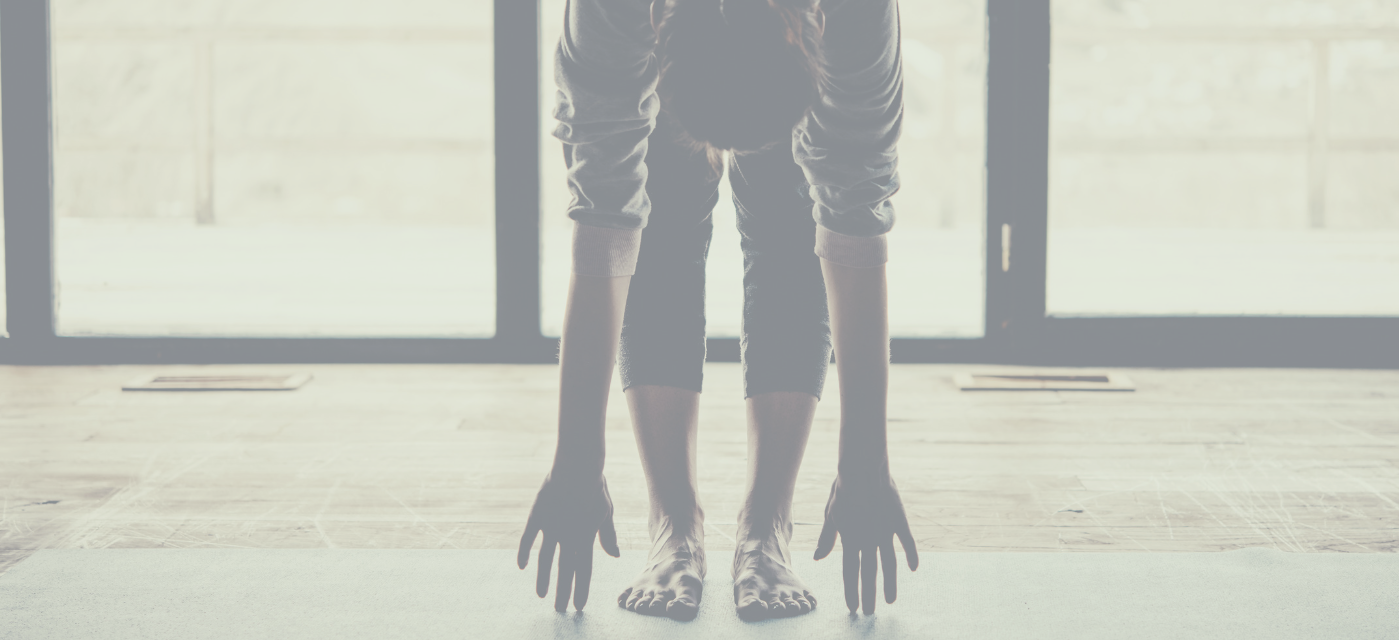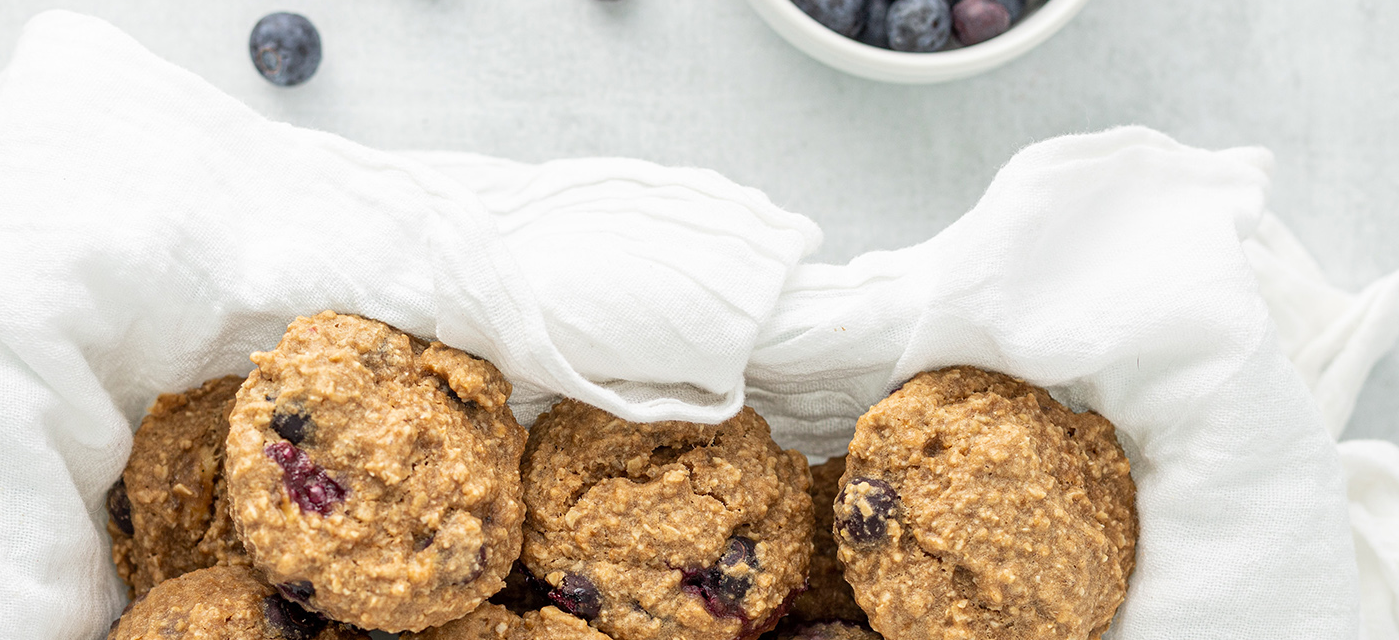
Wellness Tips for Living Your Healthiest Life
There’s no simple way to transform your life. Finding the right routine is a journey in and of itself, made up of many failures and countless micro-sized successes. Focus on making small, simple changes over time to overhaul your health and your life. As the saying goes, “change your habits, change your life.” Don't try to adopt many new behaviors at once. Start with one, make it a habit, and add another to your repertoire. And repeat.
To achieve real balance in life, you should try to make strides physically, spiritually, emotionally, and intellectually. If you’re in peak physical shape but struggle maintaining order in your life, your mental health could suffer—and the entire body could follow suit. As always, balance is key.
Here are a few simple, yet powerful ways to improve all areas of your life.
Meditate or Incorporate Deeply Relaxing Activities
How might your day change if you meditate first thing in the morning? How might your response to stress change if you call “time out” when you feel the onset of stress or anxiety? When we’re sleeping, we give ourselves permission to surrender—to let go of the pain, needless longings, and endless anxieties. We enter an unconscious, curious land of dreams where deadlines don’t rule over us, voices don’t control our every thought, and worries don’t leave us in a state of quiet desperation.
When we wake up, we often replace peace with tired ideas about what our lives should look like. And we trouble ourselves worrying about barriers that may never come instead of enjoying all of life’s precious moments and riding the tides.
So what can you do about it? Try meditating each morning after you wake up. Start with 5 minutes and add a few minutes every day. When you’re done, take a mental note of how you feel. Mindfulness meditation is particularly powerful. In one mindfulness study conducted in 2013, MRI scans revealed that the amygdala, the area of the brain responsible for controlling the body’s “fight or flight” stress response, shrank in the wake of an 8-week course of mindfulness. Moreover, the prefrontal cortex, which serves as the brain’s command center, appeared to grow thicker. When Steve Jobs died at age 56, the autopsy revealed that his brain had actually aged in reverse. Meditation was a vital component of Jobs' everyday life.
Here are a few quick tips to get started:
Meditation becomes easier over time. Let thoughts come and go. Just be sure to move on and return your focus to the air filling your chest and exiting your nose or mouth.
Move for 30 Minutes or More

Exercise helps brain function and improves general health. It does so by activating BDNF (brain-derived neurotrophic factor), which is critical to learning, memory, and problem-solving.
And it’s no secret that exercise improves mood and reduces stress. Exercise releases neurotransmitters called endorphins, which are commonly referred to as feel-good hormones. This includes dopamine, norepinephrine, and serotonin. After just 20 to 30 minutes of aerobic activity, mood boosts can last as long as 3 hours, with a mild “runner’s high” lasting as long as 24 hours.
Strength training is a great way to spark the release of endorphins while improving confidence and mental fortitude. In the words of Primo Levi:
...the sea's only gifts are harsh blows and, occasionally, the chance to feel strong … And I also know how important it is in life not necessarily to be strong but to feel strong, to measure yourself at least once, to find yourself at least once in the most ancient of human conditions, facing blind, deaf stone alone, with nothing to help you but your own hands and your own head ...
Ultimately, what matters most is moving. As humans, we were built to move—to run, to jump, to lift things, and to occasionally brave the elements. Don’t get stuck in an indoor rut. Get outside and walk, run, or simply take in the beauty.
Perform Breathing Exercises to Keep Stress at Bay
Breathing exercises have become very popular over the last fifteen years. In a matter of minutes, if not seconds, you can reset your body and mind back to a place of relaxation. How is this possible? Certain types of breathing actually turn down the sympathetic nervous system, which releases stress hormones in response to potential danger. Moreover, it turns up the parasympathetic nervous system, which stops the body from overworking and returns it to a calm state.
One such breath is the 4:7:8. It has been known to reset the mind and body while regulating the stress response. Simply breathe in for 4 seconds through your nose. Then hold your breath for 7 seconds and follow up with an 8-second exhale. You should feel a sense of calm almost instantly, so long as your exhale is longer than your inhale.
Can’t quiet your mind through breath? Pick up a book. According to one university study, reading can lower stress levels by nearly 70 percent. And don't forget about nature. Often times all we really need is a walk in the woods.
Take a Daily Cold (or cool) Shower
Cold showers? But why? For many, cold showers are reminders of early spring swim lessons, Pacific ocean plunges, and (GASP) the untimely toilet flush. But don’t throw in the towel on us just yet.
Many people swear by cold showers, and for good reason. Cold showers have many benefits, including increased alertness, healthier skin, improved circulation, better muscle recovery, and reduced stress. But how cold does it really need to be? Anything lukewarm or below should do the trick. If you really can't stand the cold, you can always end your shower with 20 or 30 seconds of cold water.
Give it a shot. Some people never go back to warm or hot showers once they experience the incredible mental and physical benefits of cold showers.
Zen Out Your Workspace

What does your workspace say about you? Do you think it’s making you more calm and focused? Perhaps it’s causing anxiety and making you feel unsettled. It might be time to declutter and create a space that both inspires you and keeps you focused on the task at hand.
Compare your desk to those of some of the most productive people. And consider updating your desk by making these small, but powerful changes:
- Bring nature inside by putting a plant on your desk. According to studies, this can help lower anxiety and fatigue by as much as 38%
- Decorate with 3-4 items that have sentimental value. This includes photos, souvenirs, and priceless gifts. Fight the temptation to store all your books and magazines on your desk, as they often create more clutter.
- Use a diffuser to help relieve stress and improve mood. Play around with different scents to find your favorite.
- Keep sketch pads, journals, and tokens of accomplishments on your desk or nearby. The pads and journals will give you an outlet when inspiration strikes. And awards, degrees, and other reputation reminders will help you to remember your triumphs and general value.
Plan Ahead to Leave Stress Behind
Planning provides real relief. Nothing nags us quite like the things we forgot to plan. By planning your days weeks, and even months, you can get ahead on your to-do’s so you can focus more on the bigger picture.
Goal-driven planners like the Monk Manual and Phoenix Planner are great ways to go about it. The Monk Manual is a quarterly productivity planner focusing on doing and being. It includes daily, weekly, and monthly pages, each focused on goal setting, preparation, prioritization, gratitude, and reflection. The Phoenix Planner offers two options: one 12-week planner + journal and one six-month planner. The planner empowers you to set larger goals and create a roadmap to achieve them. You can then establish and track daily habits that lead to your greater goals.
Instead of planning your week or individual days, use these planning tools to set up longer-term goals and more purpose-driven task lists. Don't wait to plan your week on Monday morning; try to get everything on paper on Saturday or Sunday. Leave your mornings open so you can focus on completing the most important tasks of your day. At the end of every day, week, and month, track your progress, reflect, and practice gratitude.
In Closing: Learn to Surrender

As you make your way through your day, keep these things in mind. And remember to be kind to yourself. That nagging voice in your head feeds off of fear. And it will crawl in its hole, time and time again, every time you act on your dreams and focus on bettering yourself. Don’t get caught up trying to control the flow of life.
When you go to sleep at night, you allow yourself to enjoy the gift of rest. But as you awake in the morning, you step back into the noise of your mind. By keeping worries close, we feel protected and less likely to fall victim to them. But the act of doing say all but ensures we are controlled by fear and anxiety. As Sarah Blondin says, “let yourself be relieved by the journey that is your life unfolding. Rest in knowing ... that same peace you experience as you sleep is still with you when you wake.”



Leave a comment
This site is protected by hCaptcha and the hCaptcha Privacy Policy and Terms of Service apply.